In 2021, the total number of sales of NFT art exceeded 1.5 million in a single month. To top it off, Asia has the highest rate of NFT adoption, with the most valuable NFT valued at more than $91.8 million.
Without a doubt, NFTs and Cryptocurrencies are reshaping the world as we know it. One area where this impact is felt is in the creation of mobile gaming applications. Historically, mobile gaming has been defined by game types that are free-to-win, play-to-win, or pay-to-play. These models were created for amusement purposes and did not include economic rewards for the players.
According to recent predictions, the gaming sector, which is already growing at a breakneck pace, will continue to expand exponentially, reaching a value of more than $200 billion by the end of 2023. Mobile gaming will account for more than half of the $174.9 billion gaming business in 2020, according to market research firm Newzoo.
With the emergence of Blockchain technology, game developers are focusing their efforts on monetizing their creations.
The two primary methods of monetizing games are as follows:
It ushered in the era of mobile gaming’s play-to-earn paradigm, which incorporated cutting-edge technology like NFTs and cryptos and introduced a new dimension of earning while playing to mobile gamers worldwide.
What are NFTs?
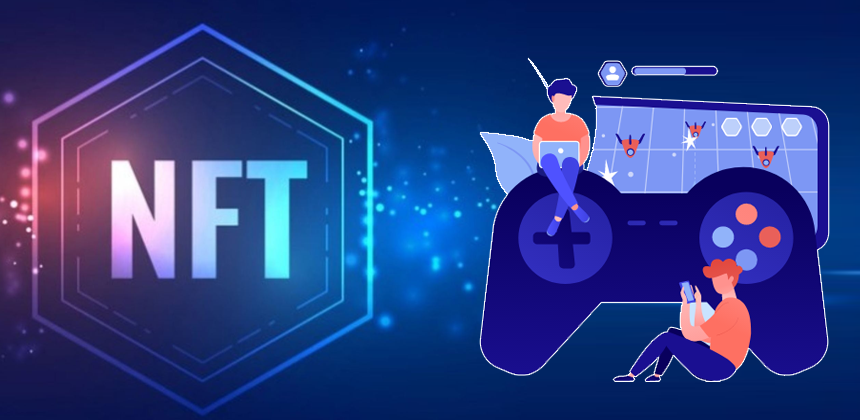
NFTs, or Non-Fungible Tokens, are Ethereum-based digital assets that can be anything – a painting, a music recording, or anything else that exists online. The NFTs are intended to provide something that cannot be copied by granting ownership of the digital asset to the NFT’s owner. Each NFT will be a unique Ethereum coin, heralded as the future of fine art collecting.
Nonfungible.com reports that NFT assets increased from $40.9 million in 2018 to more than $338 million in 2020. According to experts, NFTs will be the first truly decentralized cryptocurrency that is unrelated to Bitcoin in any way. NFTs have already begun to reshape the worlds of art, collectibles, athletics, and pop culture; they are also progressively establishing a footprint in the gaming industry through the emergence of NFT mobile gaming apps.
What are Cryptos?
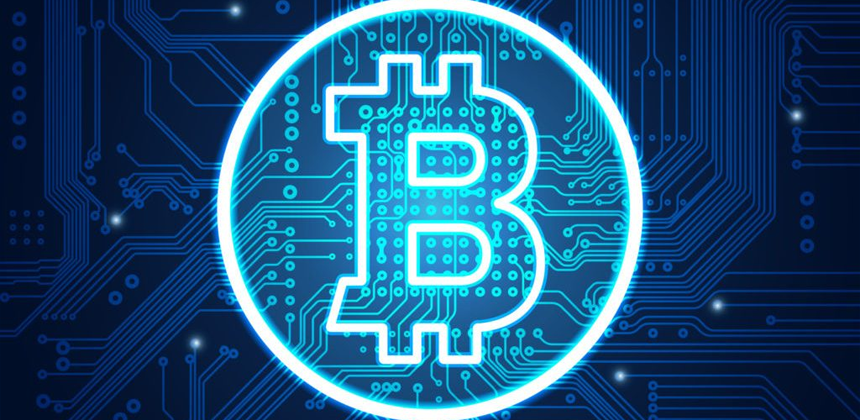
Cryptocurrency, or Cryptos, are decentralized digital money protected by cryptography. As a result, cryptos are impossible to counterfeit. Cryptocurrencies are decentralized in nature and are often not issued by a government or a government-regulated entity.
They are dispersed across a network of computers and are powered by blockchain technology. Global Cryptocurrency Ownership statistics indicate that in 2021, global crypto ownership rates averaged 3.9 percent, with over 300 million crypto users globally. Not only is bitcoin gaining popularity among individuals, but many businesses worldwide have begun accepting cryptocurrencies as payment. It is reshaping the gaming industry by introducing a decentralized crypto gaming concept.
NFTs, Cryptos, and Play-to-Earn Model of Gaming
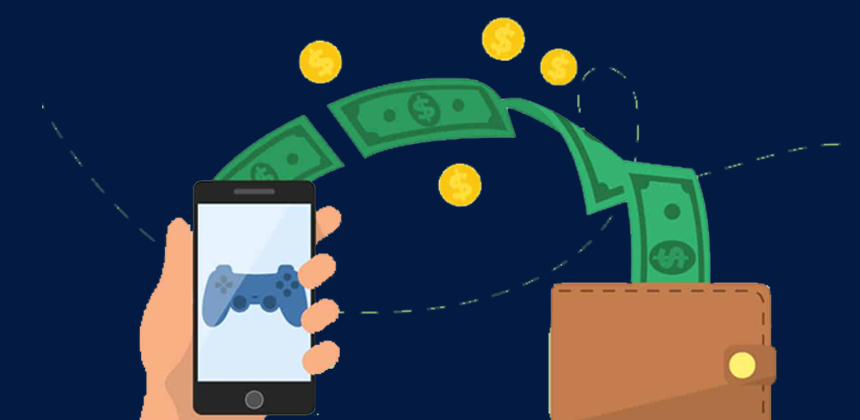
NFTs and Cryptocurrencies have spawned new forms of gaming — NFT mobile gaming and crypto-mobile gaming, respectively. While these two phrases are frequently used interchangeably, they have distinct meanings. While crypto-mobile gaming makes use of cryptocurrency to transact with players, NFT mobile gaming makes use of native tokens to generate or collect NFTs and provide access to NFT marketplaces for trade.
In the world of mobile gaming, the play-to-earn model is a relatively recent invention. The model’s strength is that it makes use of technological advancements while allowing gamers to earn money while they play. Earning money while playing video games — how great is that!
The play-to-earn concept benefits both game creators and gamers by increasing their audience and rewarding them for doing what they love — gaming!
Thus, how are NFTs and Cryptocurrencies transforming the field of mobile game application development?
Ownership
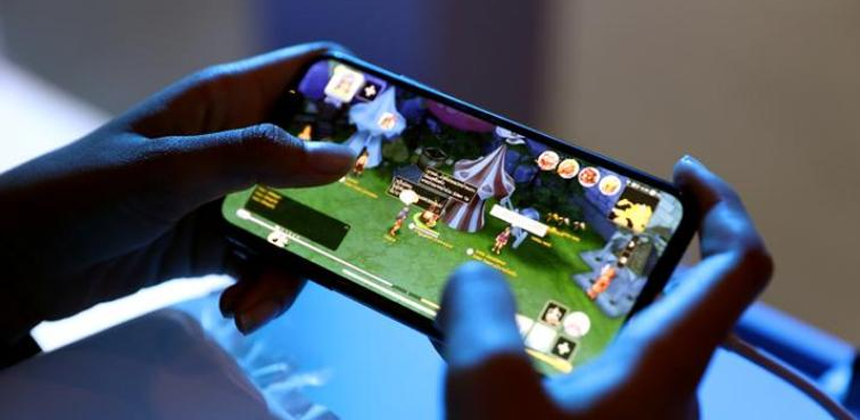
NFT mobile gaming instills a sense of ownership in players, which is uncommon in the gaming business. Mobile games are usually owned by corporations and mobile game development companies, while gamers have no ownership or stake in it. In a standard mobile game, any in-app purchases would be limited to the game itself. The NFT Metaverse, on the other hand, creates a mobile gaming environment in which players develop a sense of asset ownership as a result of earning NFTs and being able to utilize them in the real world. NFT mobile gaming apps include a genuine economic component that provides tangible economic benefits to players, something that is absolutely lacking from typical mobile games. Certain NFT mobile games even give a modest ownership share in the game, allowing fans to have a vote in the game’s future development. It puts the power in the hands of the people and represents a watershed moment in the gaming industry.
Decentralization

As previously stated, traditional mobile games are owned by corporations or game development companies, and players have no say or ownership in the game’s future development. However, unlike traditional games, crypto-mobile gaming and NFT mobile gaming apps are not centralized. The digital assets associated with NFT mobile gaming applications are managed publicly via blockchains. Thus, NFTs are immutable. If a traditional game’s server were to crash or be subjected to a cyberattack, it would be wiped out, affecting games worldwide. However, this is not the case with NFT mobile gaming applications or cryptocurrency gambling. The immutability of NFTs ensures the security of in-game assets and digital valuables. Additionally, if a traditional game is forced to go down for whatever reason, the gamer forfeits everything they’ve collected. However, when an NFT mobile gaming app is discontinued, the NFTs and digital assets gained by the gamer remain intact and can be utilized or transferred because they have real economic worth.
A new revenue model
NFTs are not divisible, although cryptos are. This means that cryptocurrencies can be sold and exchanged for infractions of their whole value. In comparison, NFTs are complete entities that can only be sold or traded in their entirety. It establishes a new business model for the non-financial transaction (NFT) mobile gaming apps based on in-game digital assets, dubbed tokenomics. Tokenomics regulates how players acquire and use tokens when playing crypto and non-financial token mobile games. Mobile gamers can now purchase, exchange, and sell digital assets in the high-value NFT metaverse. As a gamer, you commit a significant amount of time and money to the mobile game — through gameplay, in-app purchases, and leveling up. However, if the mobile game is canceled or if you choose to discontinue playing a particular game, you will forfeit all of your investment in the game. This is avoided with NFT mobile gaming. If an NFT mobile game is canceled or if you want to end playing a particular game, the digital assets you acquired while playing the game are secure. This provides gamers with an additional reason to invest their time and money in NFT mobile gaming. NFT mobile gaming provides gamers with a significant return on their investment, something that regular mobile gaming does not.
Farming the NFTs
NFT farming is becoming increasingly popular in NFT mobile games. NFT farming entails the use of tokens to acquire new uncommon NFTs. Users of NFT mobile games can now bet their tokens to obtain special cards, chests, and other digital items. These assets may be visually unique – such as a new game background, a character skin, or a card frame for use in the game – or they may be game-play unique, such as a new weapon that offers the gamer an advantage over other players. In both circumstances, the gamers would place a high premium on digital items. This novel approach to NFT mobile gaming is gaining traction and encouraging gamers to acquire additional in-app rarities in exchange for NFT value.
What does the Future of NFT Mobile Gaming look like?
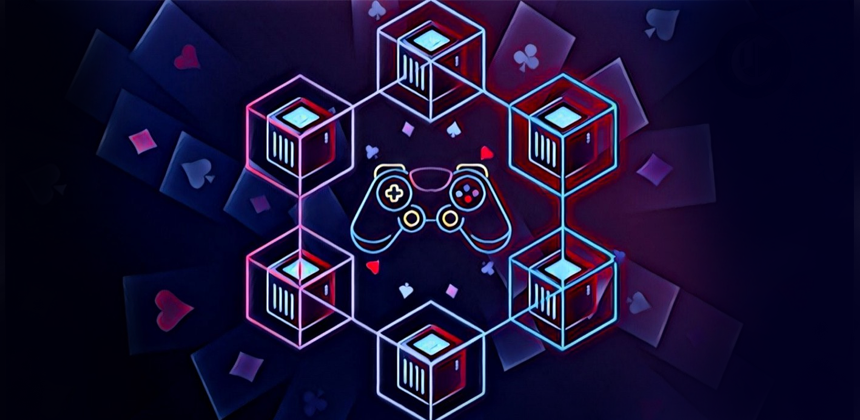
There is no doubt that NFTs and cryptos will revolutionize the way people work, live, and play. When it comes to mobile gaming, the stage is prepared for a multibillion-dollar revolution. The primary point is why would anyone play a mobile game for free when they may make money doing so? Furthermore, we are not discussing a little sum — we are discussing NFTs, which will fundamentally alter the future of art, sports, collectibles, and so much more.
Given the alternative, would you rather play in an atmosphere where you have no stake or ownership in the game or its future? Which is correct? The way things are heading, the entire mobile gaming business will eventually have to enter the NFT and crypto-mobile gaming segments.
NFTs are establishing themselves as a real digital alternative. People are investing millions of dollars in digital assets and non-fungible tokens, yet the market is still in its infancy. NFTs will not be limited to the social or gaming worlds; they will eventually expand to financial markets, real-world assets, and much more. The contemporary NFT market is driven by a sense of nostalgia or pride in owning a work of art or collectible, rather than a sense of having invested in something valuable that will produce a future return.
Sandbox — a blockchain and cryptocurrency-based user-generated game – incorporates aspects that allow gamers to express themselves freely and creatively while interacting with the game. The game contains no predetermined objectives. However, if the gamer so desires, he or she may set a goal. Sandbox recently sold virtual land in a game sponsored by Atari worth more than $1.49 million in NFTs. Such instances contribute to the favorable influence of crypto-mobile gaming and NFT mobile gaming apps on the bigger gaming market.
In Conclusion
Gradually, attitudes concerning NFTs are shifting. Additionally, it would have an effect on the NFT mobile game business. Not only are NFTs and cryptos a component of the metaverse, but they will also play a critical role in the mobile gaming sector. Cryptocurrency fundamentally altered how people thought about investing and building their wealth. Along with NFTs, it is wreaking havoc on the gaming industry. The NFT metaverse is transforming people’s perceptions of gaming and game development – from a source of entertainment, a way to pass the time or socialize with friends, to a lucrative activity that can earn them unique digital assets that have value not only in the game but also in the real world. This revolution in mobile game application development is only beginning. And the path ahead is lengthy.
Consider a future day when gaming is viewed as an economic activity, a primary or secondary source of income, or an investment vehicle. Wouldn’t it be nice to see a period when parents commended their children for playing a mobile game rather than chastising them for squandering time and money? This may become a reality someday as a result of NFTs and cryptography. Discuss with our experts and know more by dropping your queries at contact@zestminds.com
